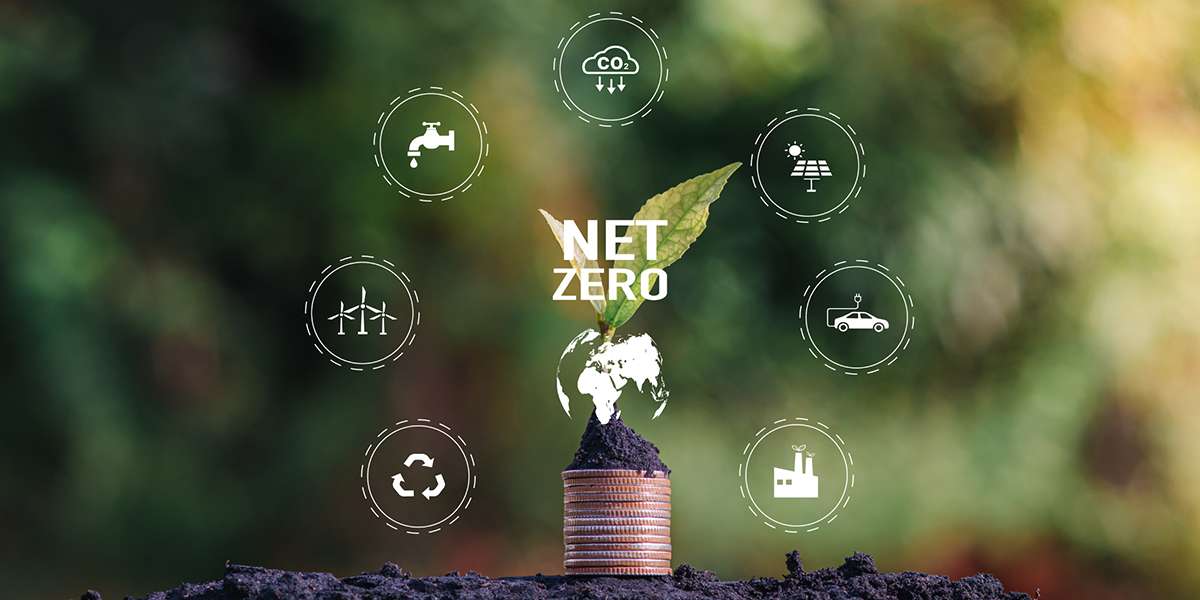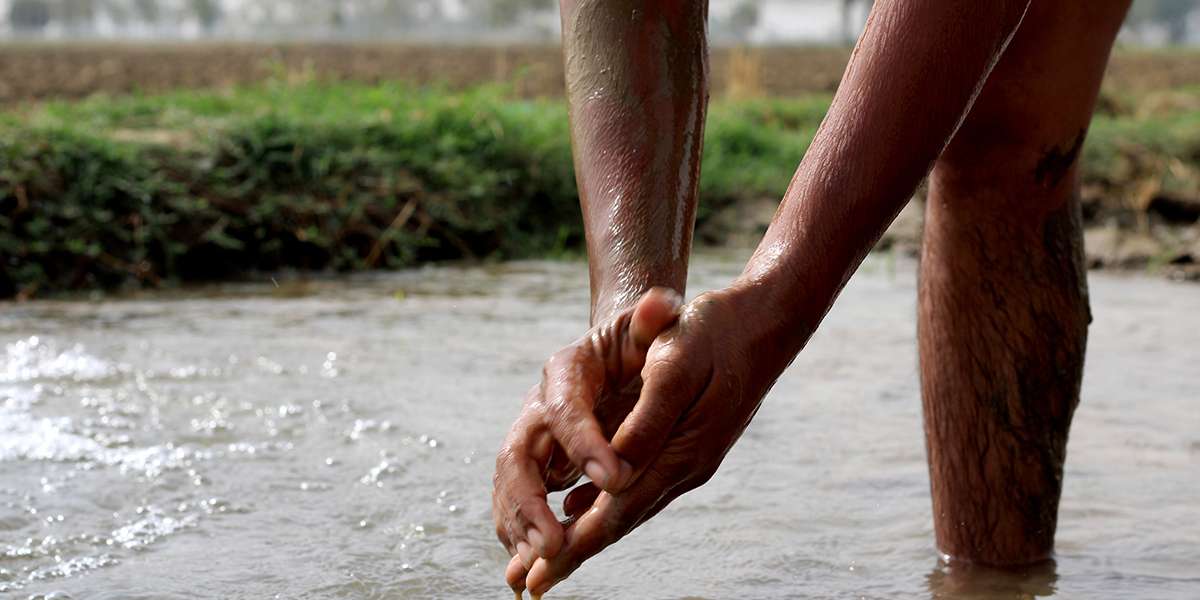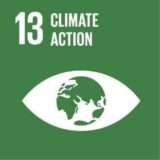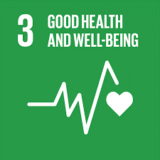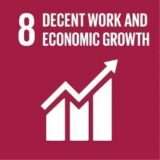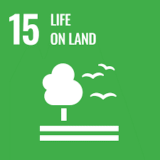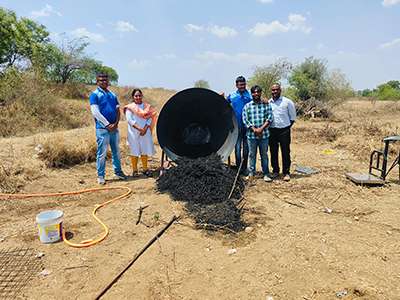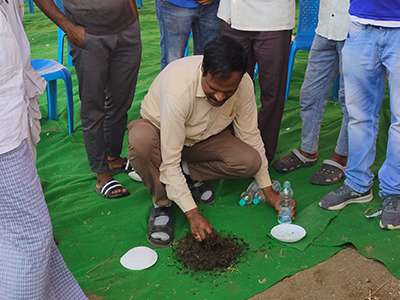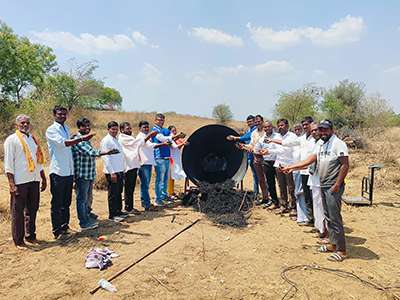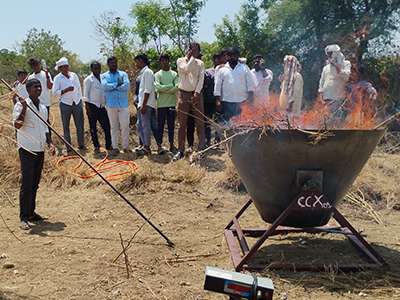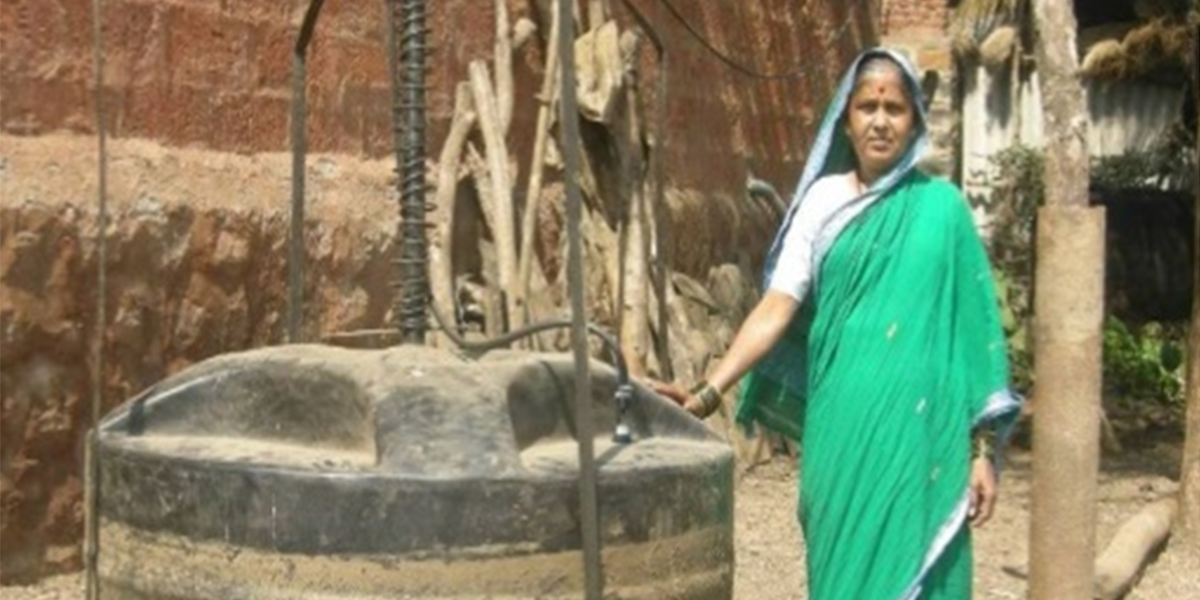
The global apparel industry is at the forefront of environmental challenges, being one of the largest contributors to waste, carbon emissions, and water usage. The high-fashion segment, in particular, must address these concerns while maintaining luxury and quality.
A leader in the apparel industry, Core CarbonX client has embraced this challenge through its “Planet-Friendly Fashion” initiative. This vision focuses on integrating sustainable practices into their design houses and high-fashion garment production, including using eco-friendly materials like recycled polyester, closed-loop recycling, and circular fashion principles.
To support this vision Core CarbonX (CCX) is assisting this India’s leading textile house in operationalizing these goals, embedding sustainability into the fabric of their high-fashion apparel business.
Sustainability Tailored for High-Fashion Apparel
Core CarbonX is implementing a structured and scalable approach to transform client’s high-fashion apparel operations through the following key activities:
- Current Assessment and Gap Analysis :
Evaluate apparel design and production processes to pinpoint sustainability gaps and identify opportunities to incorporate eco-friendly solutions. - Organogram Structuring and Capacity Building :
Develop a tailored quality organogram and conduct capacity-building initiatives, enabling teams to adopt sustainable practices across their high-fashion operations. - Quality Management Framework Development :
Designing bespoke policies, procedures, and standards to align with the textile house’ core values and ambitious quality performance targets.
Elevating Product Excellence with Sustainability
Core CarbonX’s structured approach empowers high-fashion apparel brand to achieve:
- Enhanced Product Quality: Streamlined operations with measurable performance targets.
- Sustainability Integration: Embedding circular economy and resource efficiency into operational practices.
- Empowered Workforce: Equipping teams with skills and tools for effective implementation of sustainable and quality practices.
- Customer Satisfaction: Elevating brand reputation by aligning with global climate and quality benchmarks.
As the apparel and fashion industry embraces sustainability, Core CarbonX stands as the ideal partner to guide your journey toward operational excellence and environmental responsibility.
With expertise in circular economy principles, sustainable material integration, and quality management systems, CCX is uniquely equipped to help fashion houses and apparel brands reimagine their operations for a greener future.
Transform your approach to sustainable fashion today. Contact Core CarbonX today to redefine your brand’s quality and sustainability goals.


